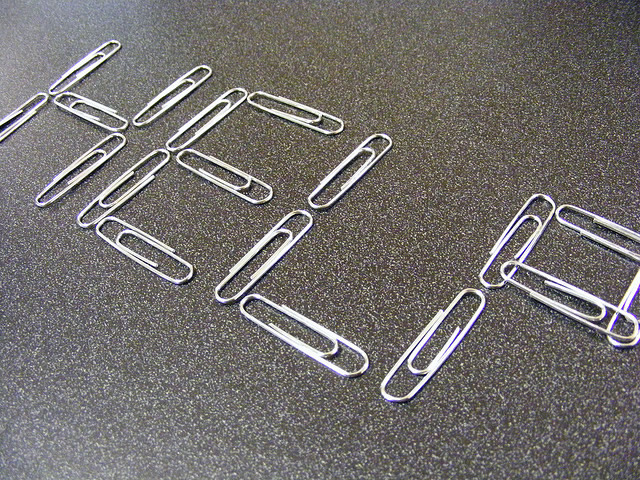Simple solutions to combat brain drain and boost workplace morale
It turns out that there is a bit of truth to the old trope, “the straw that broke the camel’s back” — at least in the workplace. As Forbes recently reported, seemingly small offenses that occur in offices everywhere each day, from showing up late and leaving early to taking credit for another person’s work, collude to wreak a powerful drain on workplace morale.
Office life is made up of countless moments, boons, offenses, and trip-ups. “In business as in marriage, it’s the little things that torment us,” notes Forbes. “And while corporations spend millions on management training, its value is undermined if participants return to work with old habits that drive their direct reports and colleagues to distraction.” Similarly, newly hired employees may restrain themselves from advancing, “if they allow a handful of their own habits to cancel out every great idea, display of initiative, and 60-hour week.”
Many of the offenses and strains come down to die-hard old habits that torment co-workers and managers alike. While Forbes chronicles the top 40 poor habits — and ways to combat them — below we’ve included our top picks from that list. Read on, and avoid the brain drain that’s so common to modern workplaces.
1. Rather than ignoring or delaying important phone calls, emails and other correspondence, make it your mission to reply on time, if not “faster than anyone would expect.”
2. Consider your collaborator’s needs. “Instead of never getting to the point, start with your point and backfill details based on the other person’s level of interest and need.”
3. Put away — and, if necessary, turn off your phone during meetings and other important interactions.
4. “Missing deadlines is damaging to one’s career, but beating them is a sure way to advance!”
5. Offer people a “reasonable amount of time” to respond to your requests and questions, instead of breathing down their necks (or their email inboxes) for the answers.
6. Be courteous: Avoid humming, singing, talking to yourself, eating or speaking loudly, and other potentially disruptive habits (especially those unmasked by thin cubicle walls).
7. Respect others’ time, and keep your stories to the point: “Long anecdotes can make co-workers edgy if they have a lot to do. It’s seldom a bad idea to be brief.”
8. Pay it forward: Treat your group to lunch occasionally to set a generous tone.
9. “Taking credit for other people’s work can be tempting, but it’s one of those things that people never forget. Giving credit where credit is due makes people want to work even harder on your behalf — which is how real leaders get ahead.”
10. Accept responsibility: Admit mistakes, and apologize promptly and genuinely when necessary.
11. There’s a reason people buy privacy screen filters for their computers. Be respectful of privacy and personal space, and avoid looking over shoulders — even when working on a project together — without asking permission first.
12. Think first, speak later — especially during confrontations. Give yourself a time out to come up with a cooled-down response, rather than saying something you’ll regret.
13. Work on your handshake. Ask a few friends or mentors to help evaluate the strength (or lack thereof) of yours.
14. Mind your complaints. Productive leaders will sooner point out their own flaws than those of another worker.
15. “Always asking for help but never offering any leaves the impression that you are selfish, even though that may not be the case. Make a point of offering help to someone at work every day.”
Category: Office courtesy

